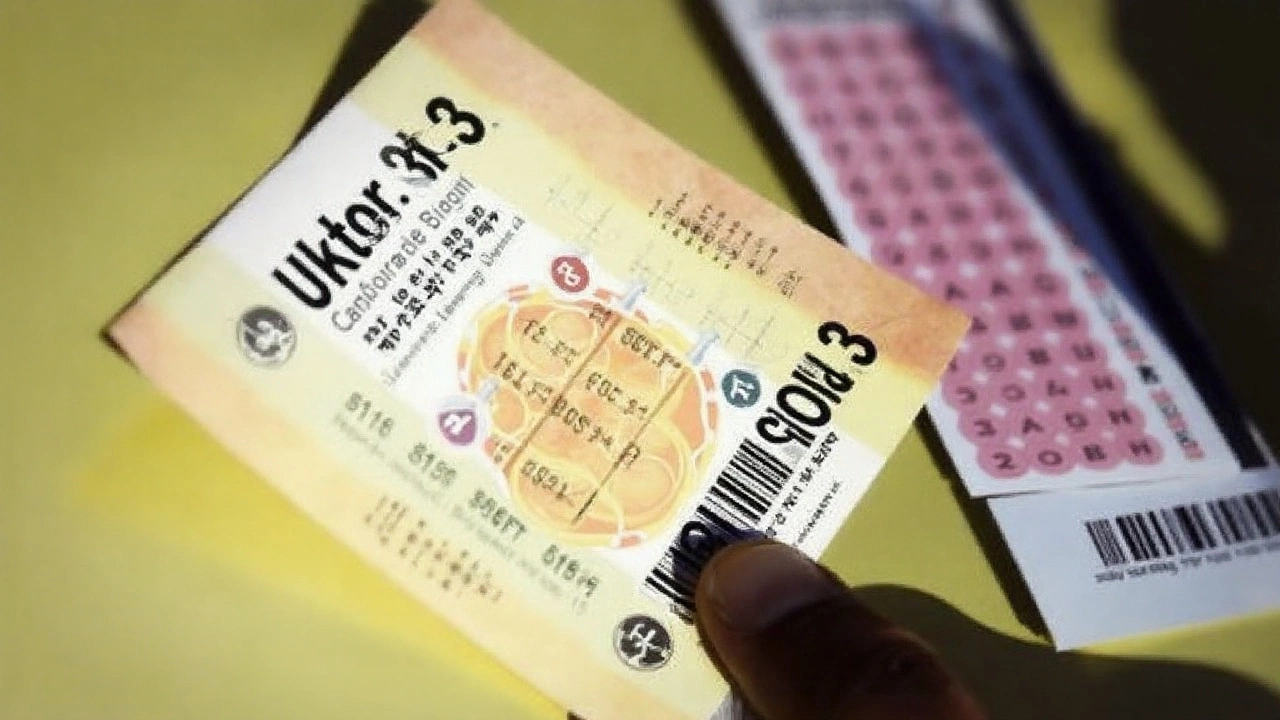Debt Crisis Explained: What It Is and Why It Matters
A debt crisis hits when borrowers can't keep up with their loans and the whole system starts to wobble. It’s not just a headline; it can change how quickly you get a new job, the price of groceries, or whether the bank will approve your next credit card. Understanding the basics helps you spot trouble early and act before things get out of hand.
Why Debt Crises Happen
Most debt crises start with a mix of easy credit and shaky finances. When lenders offer loans with low interest rates, everyone rushes to borrow – homeowners, businesses, even governments. At first it looks great, but if incomes stall or interest rates rise, borrowers struggle to pay. Add a sudden economic shock – like a pandemic, a drop in oil prices, or a banking scandal – and the repayment problem spreads like wildfire.
Another big driver is poor debt management. Too many high‑interest credit cards, student loans, or payday loans can pile up fast. When a large group of people or a country can’t meet their obligations, lenders get nervous, tighten credit, and the cycle speeds up. The result is slower growth, higher unemployment, and sometimes a recession.
How a Debt Crisis Affects You
On a personal level, a debt crisis can mean higher loan rates, stricter credit checks, and limited access to cash. Businesses may cut jobs or delay expansions, so you could see fewer job openings in your area. Governments facing a debt crunch might slash public services, raise taxes, or delay infrastructure projects, which hurts everyday life.
Even if you’re not directly in debt, a crisis can shrink your savings’ value. Stock markets often tumble, and property prices can slide, affecting the net worth of many families. That’s why staying informed and prepared is more than a good habit – it’s a safety net.
Protecting Yourself When a Debt Crisis Hits
First, get a clear picture of what you owe. List every loan, credit‑card balance, and interest rate. Knowing the exact numbers makes it easier to prioritize high‑cost debt and negotiate better terms.
Second, build an emergency fund. Even a small cushion of three to six weeks of expenses can stop you from scrambling for high‑interest credit when a paycheck is delayed.
Third, watch your credit score. A strong score gives you leverage to refinance at lower rates, which can dramatically cut monthly payments during a tightening credit market.
Fourth, consider consolidating expensive debt into a single, lower‑interest loan. Many banks and credit unions offer personal loans that replace multiple credit‑card balances and reduce the overall interest you pay.
Lastly, stay up to date with economic news. Government policies, interest‑rate changes, and major corporate bankruptcies can signal the next wave of pressure. Being aware lets you adjust your budget before you feel the pinch.
In short, a debt crisis isn’t something you can control on a global scale, but you can control how you respond. Know your numbers, keep a cash buffer, protect your credit, and stay informed – those steps keep you steady when the economy gets shaky.

Himachal Pradesh Lottery Revival Targets Rs 100 Crore to Ease Debt Crisis
Himachal Pradesh plans to bring back state-run lotteries after a 25‑year ban, hoping to raise Rs 50‑100 crore a year. The move comes amid a debt pile of over Rs 1 lakh crore and shrinking central funds. Officials cite Kerala’s success, while BJP leaders warn of social fallout. Legislation is slated for the monsoon assembly session.